Istanbul tourism is experiencing one of its worst days

Speaking to Turizm Ekonomi and Türkiye Travel News, many hotel operators describe the 2025 summer season as one of the weakest in recent years, citing drops in both occupancy and room rates by 25% to 50%.
While some hoteliers characterize the situation as “neither good nor bad,” others are more blunt, warning that business has “hit rock bottom.” They argue that the sector is detached from the “record-breaking” figures repeatedly announced by Tourism Minister Mehmet Nuri Ersoy.
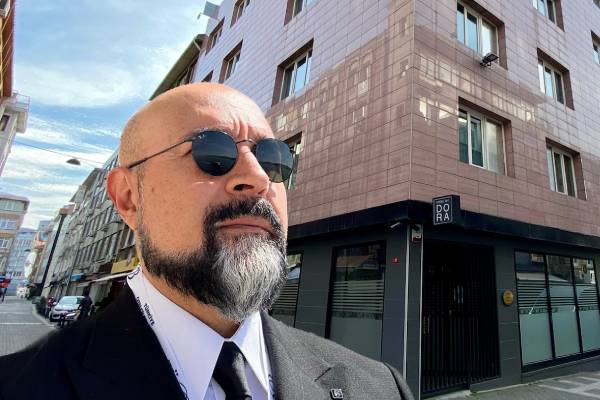
Levent Erdoğan, owner and general manager of Hotel My Dora, noted that the cost of 27 hotel-related expense items has more than doubled in Turkish lira terms, outpacing the euro by a factor of two between 2019 and 2025.
“Room rates in euros had to rise accordingly, which started to shift Türkiye’s image from a ‘cheap destination’ to an expensive one. However, the real perception shift came from sharp increases in food and beverage prices,” he said.
Foreign tourists—both Europeans and Turkish citizens living abroad—have voiced complaints, which Erdoğan says are now impacting the accommodation sector as well. According to him, occupancy rates, which stood at 70% in the first seven months of 2023, dropped to 63% in 2024 and to just 47% in the same period this year.
“It’s simply not sustainable to operate as a tenant with 50% occupancy,” Erdoğan concluded.
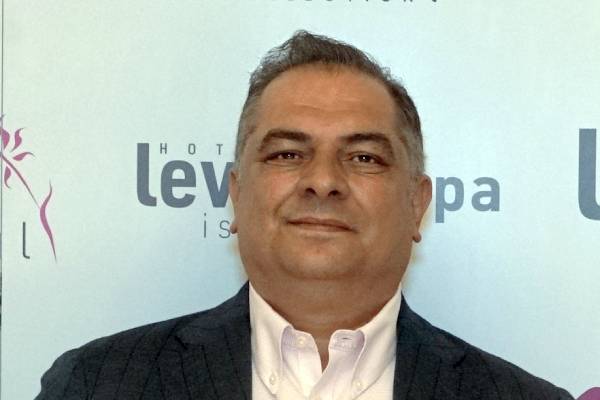
Aydın Karacabay, Chairman of Levni Hotels, observed a return to an older pattern where Istanbul sees weaker performance during summer:
“There is occupancy, yes, but it doesn’t translate into profitability. While we used to achieve around 90% occupancy in summer, we’re now at 70%—and the spending power of guests has notably declined.”
He also pointed out that investment appetite in the city has dried up, as low profitability deters future capital inflow.
“Previously, luxury tourists would arrive in spring, followed by mid-range tourists in summer. Now, the ‘summer slump’ perception has returned.”
Hotels that once achieved €150 ADR (Average Daily Rate) are now down to €110, he added.
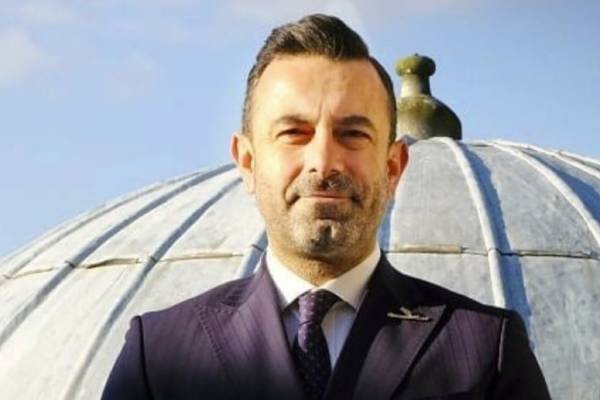
Serdar Balta, General Manager of Ottoman Hotel Imperial and Ottoman Hotel Park, reported a 20% drop in occupancy compared to last year, despite his properties' central location and loyal clientele.
“There’s a clear slowdown in Istanbul tourism this summer. Exchange rate stability, geopolitical tensions like the Russia–Ukraine and Israel–Iran conflicts, and shifting perceptions of Türkiye abroad have hurt inbound demand—especially from Europe.”
Balta noted that price competition forced rate reductions, while rising operational costs have compressed profit margins. Boutique hotels in districts like Sultanahmet, Taksim, and Şişli are experiencing similar trends, he said. Still, he remains cautiously optimistic
“We’re exploring alternative markets and local partnerships while investing in digital marketing. In the long run, we still believe in Istanbul’s potential.”

Mehmet Sürmeli, General Manager of Kadıköy Rıhtım Hotel, said his property and others on Istanbul’s Asian side are seeing dramatically shorter stays by Turkish expatriates:
“Where Turkish citizens living abroad used to stay 5–6 nights, they now stay only 1–2. Türkiye has become too expensive for them due to stagnant exchange rates and rising local costs.”
Even though room rates have increased at a pace below inflation, they still appear too high in euro or dollar terms due to the weak lira. A major concern, he added, is the uncontrolled rise in hotel bed supply across the country, which has worsened the situation.
“This summer saw some of the lowest occupancy levels in a decade—particularly for midscale hotels on the Asian side.”
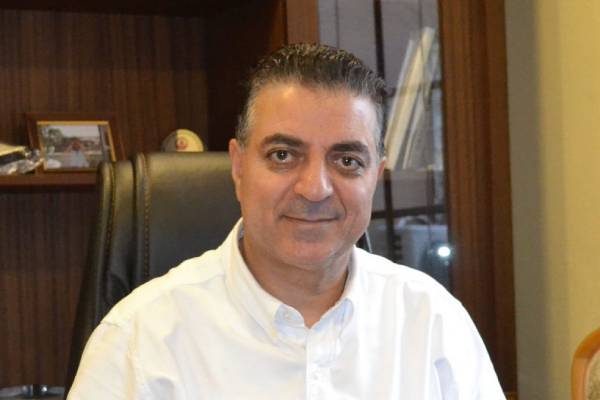
Alihan Akkoç, owner and general manager of BW Empire Palace and Amber Hotels, said that after a short-lived recovery in April, business plummeted post-earthquake, triggering a major crisis.
“Occupancy in July dropped to around 35%, and average room rates fell from €140 last year to €70. Even luxury hotels had to run ‘stay 3 pay for 2’ campaigns.”
Akkoç criticized official tourism figures, noting that many hoteliers feel inadequate or discouraged in the face of such contrasting narratives. He added that August occupancy is projected at 45% and September at 33%, but pricing remains “on the floor.”
“We’ve lost the Russian and Arab markets, which had kept us afloat in past summers. Meanwhile, soaring costs and stagnant exchange rates are crushing profit margins. Many hoteliers now worry about how they’ll pay staff salaries and taxes by month-end.”
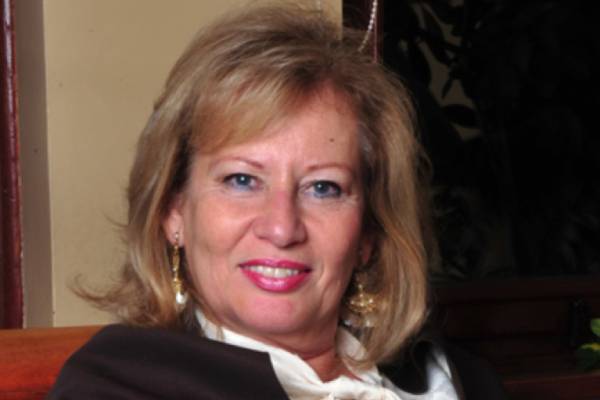
Gül Küçükserim, owner and GM of Arne Hotel, said her property—often ranked highest in the area on online platforms—has had to cut rates from €100–120 down to €60.
“Despite being among the top performers in our district, rising input costs—energy, food, and especially payroll—have pushed us to the break-even point. And we don’t even pay rent.”
Küçükserim also warned of increasing unfair competition from unlicensed “backstreet” properties:
“These places hire relatives at low wages and drastically undercut market prices. Licensed hotels with trained staff can’t compete with that. We now see guests cancel bookings en route from the airport after comparing prices online.”
turizmekonomi




